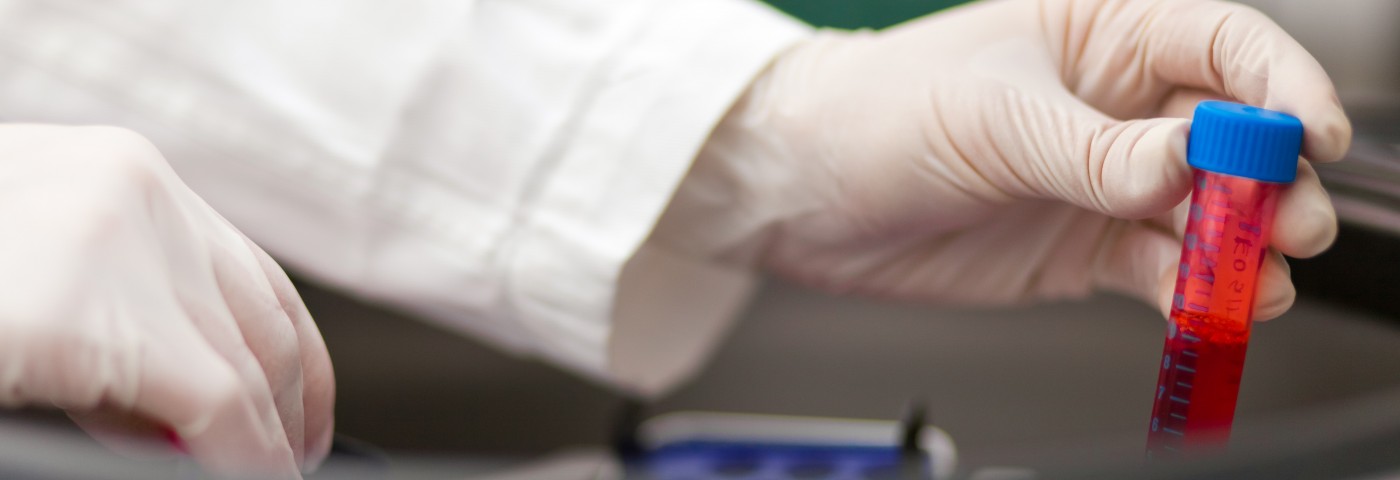Inovio Pharmaceuticals announced that a new Phase 1 clinical trial in chronic Hepatitis C virus (HCV) infections will assess its immunotherapy for Hepatitis C, INO-8000, in patients who are not receiving any HCV treatments.
The Inovio study will be conducted in collaboration with the National Cancer Institute (NCI) and Mayo Clinic, and financing will come from the National Cancer Institute’s Division of Cancer Prevention.
“Despite recent treatment advances, HCV infection remains a burden on our healthcare and payor system and continues to spread. Today’s expensive drugs are highly effective in treating HCV but are not available to the majority of infected individuals. We are pleased to join the NCI and Mayo Clinic in this quest to develop an alternative medical solution to fight this disease, which remains one of the fastest-developing markets in healthcare,” Inovio President and CEO Dr. J. Joseph Kim said in a press release.
Inovio’s SynCon DNA immunotherapy, INO-8000, is encoded for the antigens NS3/4A, NS4B, and NS5A of HCV genotypes 1a and 1b, the most difficult-to-treat genotypes. The product candidate is engineered to make robust T-cells eliminate cells that display these antigens, a process that has been demonstrated in previous pre-clinical studies to generate strong HCV-specific T-cell responses in the liver and the whole body.
The dose-escalation clinical trial will study chronic HCV infections in patients who are still in an early stage to determine the product candidate’s ability to decrease, and potentially eliminate, HCV viral load, as well as measure HCV specific immune responses and their durability while evaluating safety and tolerability of INO-8000.
The drug candidate will be combined with increasing doses of DNA-based IL-12 (INO-9012), an immune activator – a compound previously shown to increase the therapeutic immune response to DNA immunotherapies.
INO-8000 is also in a Phase 1 clinical trial in Korea, in a collaborative agreement between Inovio and GeneOne Life Sciences, to develop the compound in addition to a DNA IL-28 immune activator, in drug-resistant HCV patients.
“Development of a vaccine therapy against hepatitis C would be important as a less expensive, simpler treatment alternative to several months of medication that should encourage better patient compliance, particularly in difficult-to-treat patient populations. It also holds the promise of inducing immunity protective against re-infection in patients who continue to be exposed, a not-uncommon problem,” said Dr. Jeffrey Jacobson, the study’s principal investigator. Jacobson is professor of medicine, neuroscience, and neurovirology at the Lewis Katz School of Medicine at Temple University.

